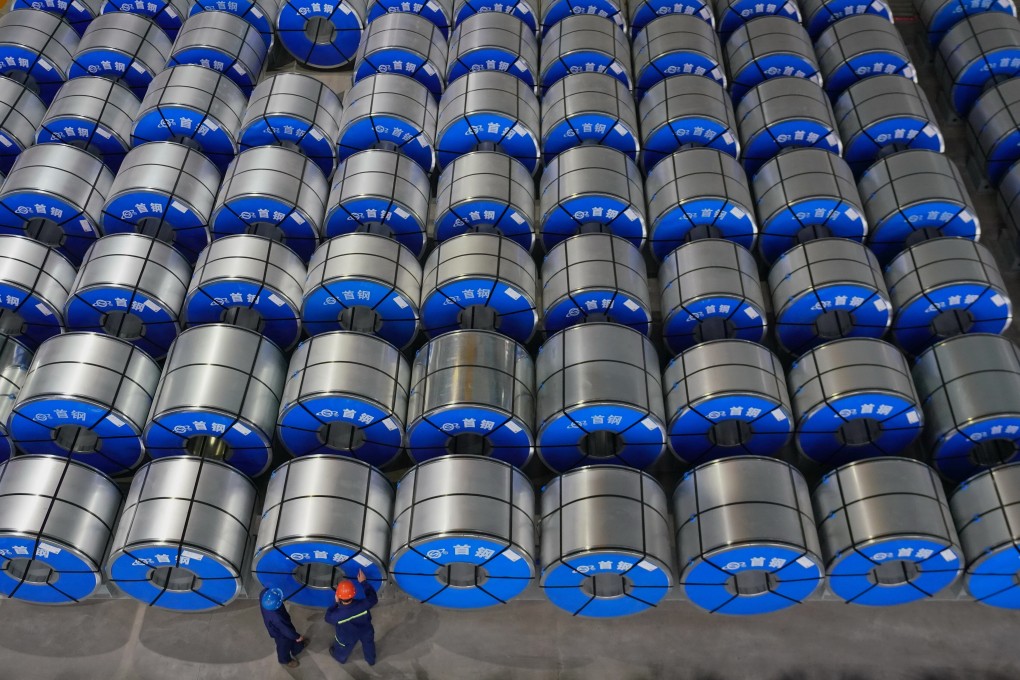China warned of excessive market intervention as commodity prices start to fall
- Commodity prices have started to decline from record highs after Beijing took steps to shore up domestic supply and tighten scrutiny of the market
- But Gao Shanwen, chief economist at Essence Securities, says the government should check its interventionist impulse as ‘fluctuation is part of the market’

Prices for major industrial commodities have begun to fall from their recent historic highs thanks in part to Beijing’s intervention to boost domestic supply and curb speculation.
At a recent event organised by the China Finance 40 Forum, a Beijing-based group of financial officials and professionals, academic member Gao Shanwen said authorities should rein in their impulse to intervene in the market and set informal price caps.
“If the government takes immediate action against price increases by capping prices or subsidising enterprises, it would affect the normal adjustment of the market,” said Gao, who is also chief economist at Essence Securities.
The comments were made in a closed-door seminar last week and published on the forum’s social media account on Wednesday.